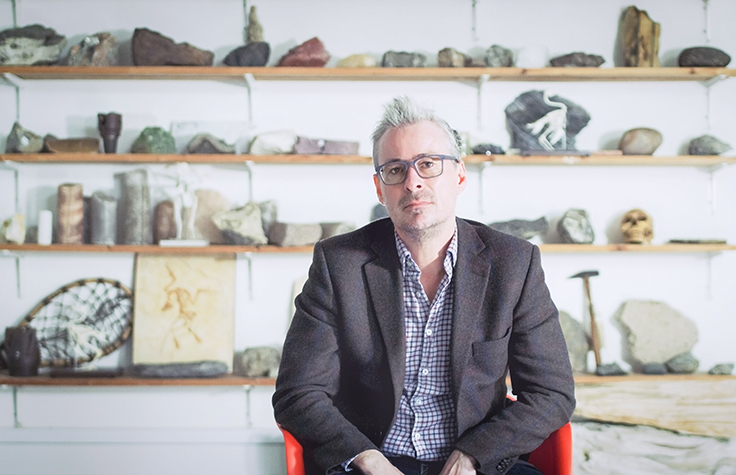
26 March 2019
What can we expect of the future? The only way we can try to address this question is by going back in the past.
Evolutionary geneticist, Eske Willerslev is an avid-adventurer who spent his early adult life as a fur trapper discovering the remote rawness of northeastern Siberia. Exploring the wilderness was a childhood dream, “but I can see now that back then, it was not just the adventure, I was trying to understand the environment,” he says.
Willerslev shares riveting tales of Arctic shorelines strewn with mammalian remains, like seashells lapping against the seashore. His true calling would come years later when he defined his personal meaning of being an explorer, to do something that had never been done before – create information through scientific discovery. “By unearthing information no one ever knew before, you’re changing the way we look at the world, and that feeling, it’s indescribable.”
Willerslev’s next great adventure begins 10,000 years ago with ancient human remains, as he and a team of international, multi-disciplinary scientists, will decode the genetic origins and evolution of mental health conditions. Leveraging Illumina’s most powerful sequencer, the NovaSeq 6000 Sequencing System, Willerslev and team will be among the first to genetically map diseases and their interaction between human DNA and pathogens. The project endeavors to create and analyze one of the largest sets of ancient genomic reference panels ever created. Today’s high-throughput sequencing is generating powerful insights and actionable data. “By making these genetic reference panels available to the scientific community, I’m sure there will be outputs that I can’t even think about today,” he exclaims.
Eske has always been fascinated by the past, because he believes the past is the answer to why we are where we are today. “How did we become who we are,” questions Willerslev.
At Illumina, we have more power than ever before to unlock the code to living a healthy life. By teaming up with researchers like Willerslev, Illumina technology continues to empower the world’s best and brightest minds who are transforming the world through the power of genomics.
A glimpse behind the scenes
Housed at the Geological Museum of Copenhagen, Denmark, Eske’s office is bejeweled with artifacts
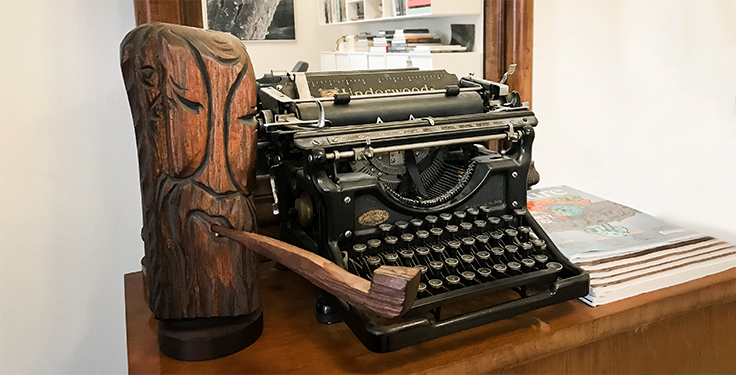
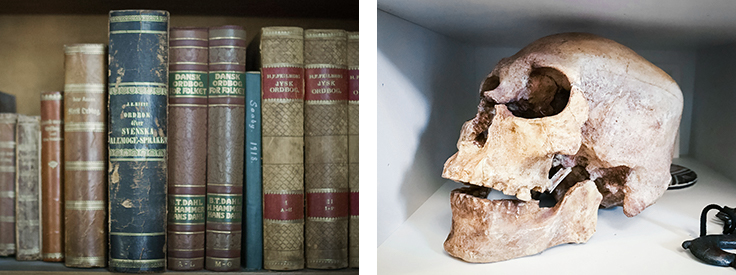
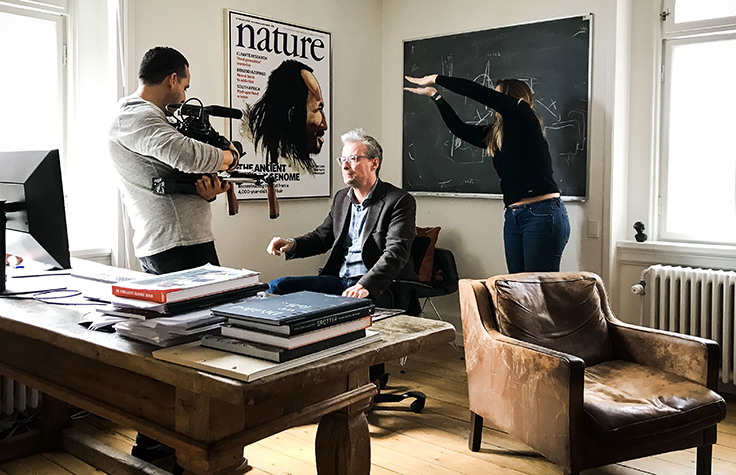
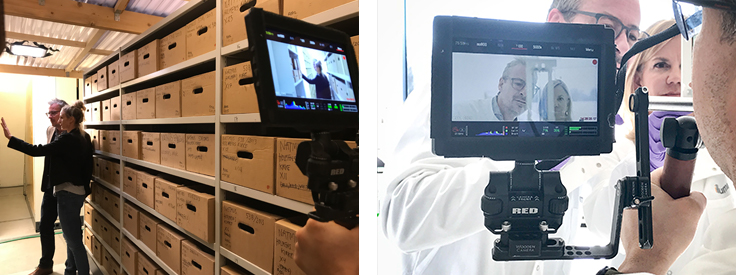
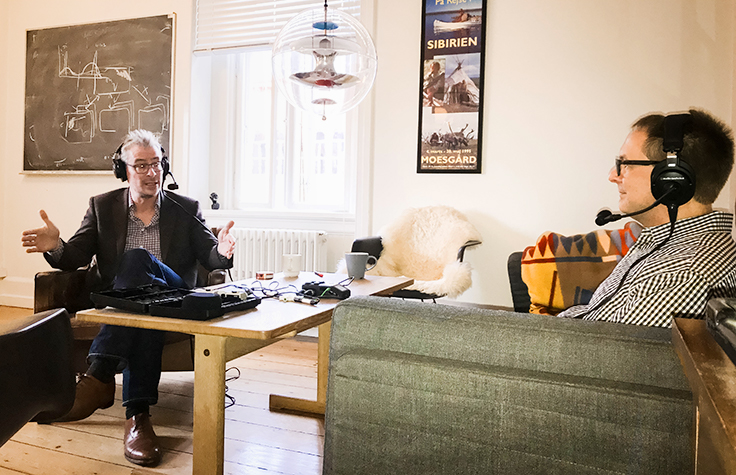
Illumina Genomics Podcast Episode 39: Ancient DNA and Human History
Paul Bromann, host of the Illumina Genomics Podcast, sat down with Eske for a fascinating discussion about ancient DNA, human biology and the history of mankind.


